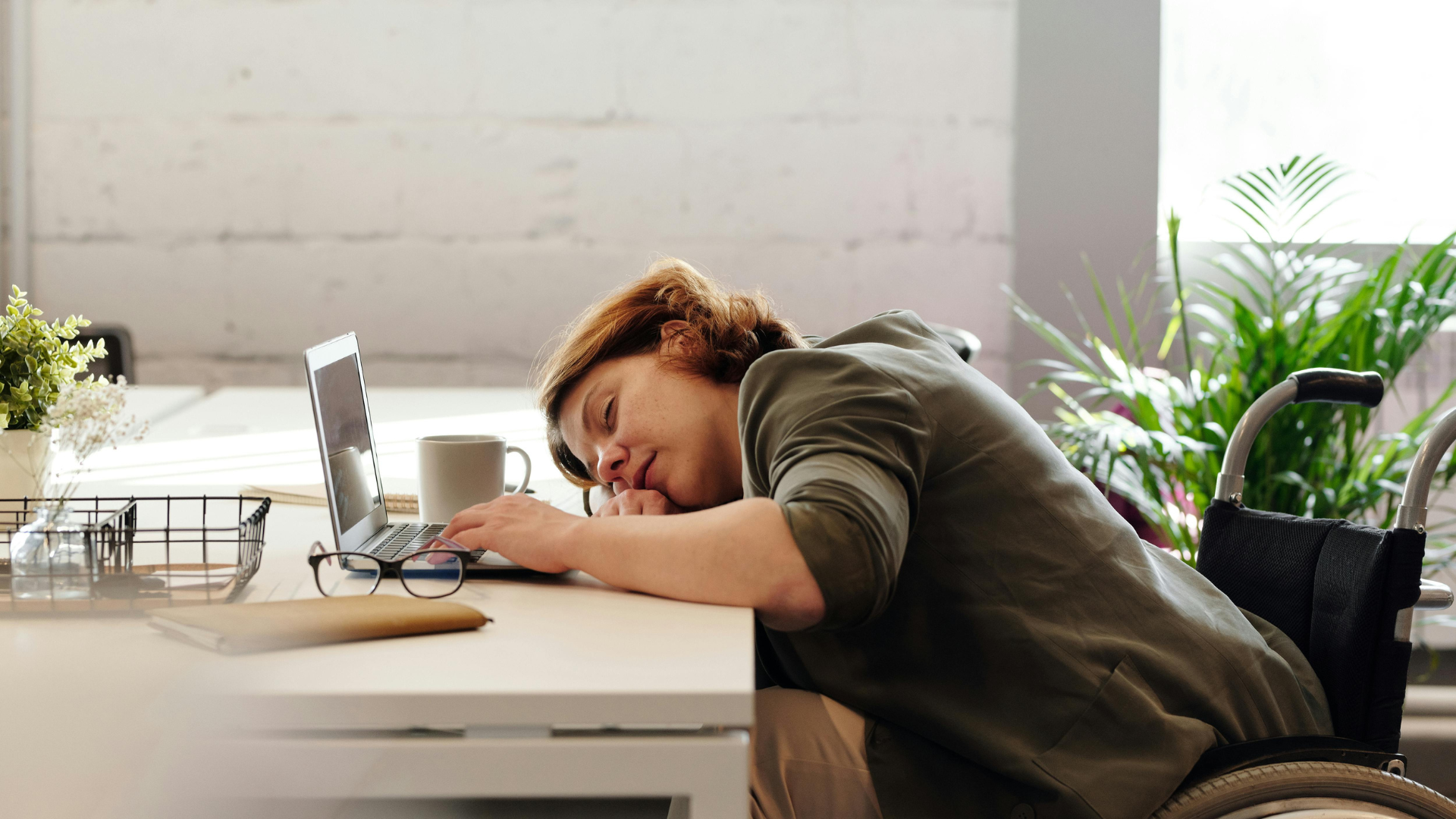Why You Should Stop Bragging About Sleep Deprivation
Running on 4 Hours of Sleep Never Works Out
In today’s hustle culture, sleep deprivation is worn like a badge of honour. How often have you heard someone say, “I only slept four hours last night, but I’m still smashing my goals”- as if functioning on fumes is something to be proud of?
But here’s the truth: sleep deprivation is not a flex…it’s a problem. Chronic lack of sleep damages your mental and physical health, lowers productivity, and contributes to burnout. Science has made it crystal clear that sleep isn’t a luxury- it’s a biological necessity.
So, let’s talk about why bragging about minimal sleep is toxic, what sleep deprivation is actually doing to your brain, and how prioritising rest (instead of glorifying exhaustion) is the real key to success.
The Myth of “I’ll Sleep When I’m Dead”
Somewhere along the way, society started associating sleeping less with working harder. Entrepreneurs, CEOs, and high achievers often reinforce this belief, making people feel like grinding on little to no sleep is the secret to success.
The problem? Science strongly disagrees.
- A Harvard Business Review study found that sleep deprivation decreases productivity by up to 40%.
- The World Health Organisation has classified sleep deprivation as a public health epidemic, linking it to increased risks of heart disease, stroke, and mental health disorders.
- According to The Sleep Foundation, adults who consistently sleep less than six hours a night are significantly more likely to suffer from depression and anxiety.
Not getting enough sleep isn’t a testament to your dedication- it’s a fast track to burnout.
What Sleep Deprivation Really Does to Your Brain
Still think you can power through without sleep? Here’s what’s happening inside your body when you regularly skimp on rest:
Cognitive Function Plummets
Lack of sleep impairs memory, problem-solving, and decision-making. A study from UC Berkeley found that people who sleep less than five hours perform cognitive tasks as poorly as someone who is legally drunk..
Emotional Regulation Breaks Down
Sleep deprivation reduces emotional resilience, making you more irritable, anxious, and reactive. A study in The Journal of Neuroscience found that sleep-deprived individuals had a 60% increase in amygdala activity, the part of the brain responsible for fear and emotions.
Stress and Burnout Skyrocket
Your body releases more cortisol (the stress hormone) when you don’t get enough sleep, keeping you in a constant state of anxiety and fatigue. Chronic stress leads to burnout, weakened immunity, and even cardiovascular disease.
The Rise of the Well-Rested Revolution
Thankfully, the narrative is starting to shift. More leaders and professionals are recognising that prioritising sleep leads to better performance, creativity, and well-being.
Jeff Bezos has said he prioritises eight hours of sleep because it makes him a better decision-maker.
Arianna Huffington, once a sleep-deprived workaholic, is now a leading advocate for rest as a productivity tool.
It’s time to ditch the toxic hustle mentality and start embracing a well-rested approach to success.
How to Prioritise Rest Without Feeling Guilty
If you’ve been caught in the cycle of wearing sleep deprivation as a badge of honour, here’s how to reset your mindset:
Stop Equating Busyness with Productivity
Being busy and being productive are not the same thing. You might be working longer hours, but if your brain is foggy and your energy is depleted, you’re not actually achieving more.
Instead of pushing through exhaustion, prioritise deep, focused work during peak energy hours- and rest when needed.
Protect Your Sleep Routine
Make sleep a non-negotiable part of your routine, just like eating or exercising.
- Aim for 7-9 hours of quality sleep.
- Avoid screens and caffeine before bed.
- Stick to a consistent sleep schedule, even on weekends.
Learn Sleep Hygiene Techniques with eQuoo
If you’re looking for an engaging way to build resilience and improve sleep hygiene, eQuoo is an interactive mental health game that teaches:
- Emotional resilience and problem-solving skills.
- CBT-based techniques to reduce stress and improve sleep quality.
- Essential sleep hygiene strategies to enhance rest and recovery.
eQuoo has been clinically validated to enhance emotional well-being and mental flexibility, making it a powerful tool for managing stress and prioritising rest.
Sleep is the Real Power Move
Bragging about running on four hours of sleep isn’t impressive-it’s self-sabotage.
- Real success comes from prioritising your health, energy, and mental clarity.
- You don’t need to “grind” yourself into exhaustion to be productive.
- Sleep isn’t a weakness- it’s your superpower.
So next time someone boasts about pulling an all-nighter, remind them: the real power move is getting enough rest to actually function at your best.
To find out more about eQuoo, get in touch using the form below to earn more about how we can support you.


